A Crack in the Facade: The Repeal of Section 377A
Singapore, the glittering city-state where skyscrapers kiss the stars and order reigns supreme, has long been a paradox for queer souls. Beneath its polished veneer of modernity, a colonial-era law, Section 377A, lingered like a ghost, criminalizing sex between men with the threat of imprisonment. But in November 2022, the Lion City roared with change, repealing this relic of British rule, a move that sent ripples of hope through the queer community and beyond. It was a moment that felt like a first kiss after years of longing—electric, overdue, and pulsing with possibility. Yet, like any good love story, this victory came with complications, a bittersweet edge that keeps the heart racing.
(The repeal of Section 377A, announced by Prime Minister Lee Hsien Loong during his National Day Rally speech in August 2022, was no small feat. For decades, this law had cast a shadow over gay men, a legal sword dangling above their most intimate moments. Though rarely enforced since 2007, its existence was a reminder of state-sanctioned shame, a whisper that queer love was less than. Its repeal, passed with a resounding 93-to-3 vote in Parliament, was hailed as a “triumph of love over fear” by activists, a step toward aligning Singapore with the evolving mores of a globalized world. But as the champagne popped, a constitutional amendment simultaneously fortified the definition of marriage as between a man and a woman, closing the door on legal challenges for marriage equality. It was a victory and a heartbreak in one breath, a dance between liberation and restraint.
(“This is the first step on a road to full equality,” said a coalition of LGBTQ+ groups, their voices trembling with hope and defiance. “But new bans on same-sex unions could entrench discrimination.”(
The Pulse of Pink Dot: A Queer Heartbeat in Singapore
Picture this: Hong Lim Park, a rare pocket of free expression in Singapore’s tightly governed landscape, bathed in a sea of pink. The annual Pink Dot rally, the city’s biggest civil society gathering, is a kaleidoscope of glitter, courage, and unapologetic queerness. In June 2023, seven months after the repeal, thousands gathered, their bodies swaying to the rhythm of freedom. Drag queens in sequined gowns strutted alongside allies in rainbow tees, their laughter a middle finger to the conservative forces that still loom large. It was a scene straight out of a queer fever dream, where the air smelled of jasmine and rebellion, and every heartbeat pulsed with the promise of a brighter future.
(Pink Dot isn’t just a rally; it’s a love letter to the queer community, a space where Singaporeans can shed the weight of societal expectations and embrace their truth. The 2023 event, the first since the repeal, felt like a collective exhale. “I’m seeing more people dressing in the way they like, even if it identifies them as LGBTQ,” said Nishanthiy Balasamy, a straight ally attending to support her gay brother. “They are feeling more comfortable and confident about their identity.” The repeal had unshackled something primal, a newfound boldness that saw drag shows multiply and queer voices grow louder. Yet, the event’s rules—no foreign sponsorship, no non-citizen attendance—reminded everyone of the government’s watchful eye, a velvet glove over an iron fist.
(The Ghosts of 377A: A History of Hidden Love
To understand the weight of this moment, we must rewind to the days when queer love was forced into the shadows. In the 1980s, before Grindr and gay bars, gay men met under the cover of raintrees at a spot nicknamed the Feet of Five Trees by the Singapore River. It was a place of stolen glances and whispered promises, where the thrill of connection was tinged with fear. Playwright and activist Mr. Heng recalls those nights, when plainclothes policemen would descend, barking shame at men just for existing. “You felt psychologically that maybe you did something wrong,” he said, his words heavy with the memory of bullying disguised as law enforcement.
(Section 377A, inherited from British colonial rule, was more than a law; it was a cultural chokehold. It branded gay men as criminals, their love a violation of the “order of nature.” While lesbian relationships were never explicitly targeted, the law’s shadow extended to all queer identities, fostering a climate of fear and self-censorship. Even as Singapore modernized, with its gleaming Marina Bay and global financial clout, the law remained a stubborn reminder of a less tolerant past. Activists like those from People Like Us, one of the oldest LGBTQ+ groups, faced surveillance and rejection in the 1990s, their fight for visibility a slow burn against a conservative tide.
(“There are younger people now who were born during a time when Pink Dot was already a fact,” Mr. Heng said. “They don’t know about this other time before.”(
The Sensual Rebellion: Queer Nightlife and Cultural Defiance
But oh, how the queer spirit thrives in defiance! Singapore’s underground gay scene has always been a sultry rebellion, a middle finger to the status quo wrapped in sequins and sweat. Before the repeal, gay clubs were raided, and films with queer themes were censored, yet artists and performers found ways to slip through the cracks. Poet Cyril Wong, a Singapore Literature Prize winner, once said, “The harshness of the government increases the ingenuity of artists.” Queer festivals and drag shows became acts of alchemy, turning oppression into art without ever saying “gay” out loud. It was a wink, a nod, a sultry dance around the censors.
(Post-repeal, the scene has exploded with a campy, unapologetic glamour. Drag performer Yeo Sam Jo, in a pink sequin dress and pearl necklace, described feeling safer heading to shows, the weight of criminalization lifted. The clubs pulse with basslines that echo Donna Summer’s “I Feel Love,” a nod to the disco divas who birthed queer nightlife. Bars like Dorothy’s and Out Bar have become sanctuaries, where bodies grind under neon lights, and the air is thick with desire and defiance. It’s a space where a trans woman in a velvet gown can lock eyes with a nonbinary heartthrob in a harness, their chemistry a revolution in itself.
(Yet, this freedom is tempered. The government’s conservative streak ensures that queer expression is still policed—TV shows and movies deemed to “promote homosexuality” can still be banned, and public displays of queerness are scrutinized. It’s a reminder that liberation is a dance, not a destination, and every step forward is hard-won.
(The Marriage Question: A Thorn in the Side of Progress
The repeal of 377A was a victory, but the constitutional amendment protecting marriage as a heterosexual institution stung like a slap after a kiss. In Singapore, marriage isn’t just a romantic ideal; it’s a gateway to practical benefits—housing subsidies, adoption rights, and social legitimacy. For queer couples like Olivia and Irene Chiong, who left Singapore for Seattle when their daughters were denied residency and schooling, this exclusion is a wound that festers. “The government has made clear to us and our two young children that we don’t belong,” Olivia said, her voice a mix of resignation and resolve.
(The amendment, passed alongside the repeal, ensures that Parliament, not the courts, defines marriage. Law Minister K. Shanmugam argued it protects policies built on the “traditional family structure,” like housing and healthcare. But for queer activists, it’s a barricade against equality, a reminder that their love is still seen as less legitimate. “LGBT couples and families have the right to be recognized and protected,” said Bryan Choong of Oogachaga, a leading advocacy group. The fight for marriage equality looms as the next frontier, a battle that will test Singapore’s willingness to embrace its queer citizens fully.
(“Getting married would be a nice acknowledgment of our relationship and love for each other,” said Chee, a Singaporean gay man. “But it puzzles me how our marriage would affect straight marriages.”(
Asia’s Queer Vanguard: Singapore in Context
Singapore’s step forward is part of a broader wave of change in Asia, where queer rights are a patchwork of progress and resistance. Taiwan led the charge in 2019, becoming the first Asian nation to legalize same-sex marriage, though its LGBTQ+ community still faces backlash. Thailand’s draft legislation for same-sex unions in 2022 and India’s decriminalization of gay sex in 2018 inspired Singapore’s activists, who saw their neighbors’ victories as a call to action. Yet, places like Malaysia, with its harsh laws against same-sex intercourse, and Brunei, which briefly flirted with the death penalty for gay sex, remind us that progress is uneven.
(In Singapore, the repeal was a nod to globalized values, especially among the young. A 2018 survey found 42% of those aged 18-25 accepted same-sex marriage, up from 17% five years earlier. But conservative religious groups, like the National Council of Churches of Singapore, push back, warning that the repeal weakens the “moral signifier” of traditional family values. It’s a tug-of-war between a liberalizing youth and a conservative old guard, with queer Singaporeans caught in the crossfire.
(The Radical Love of Queer Families
Amid this tension, queer families are redefining love in Singapore. In 2018, a gay Singaporean man won a landmark case to adopt his son, fathered through surrogacy in the U.S. The High Court’s decision was a beacon of hope, but the government’s response—vowing to tighten adoption laws—cast a shadow. For couples like Andre Ling and his Australian husband, who raise their two-year-old son in Singapore, the repeal is “just a small, little step.” Full equality means legal recognition of their families, from adoption to housing rights, a dream that feels tantalizingly close yet painfully out of reach.
(This fight for family is a radical act of love, a refusal to let bureaucracy define what makes a home. It’s the image of two dads tucking their child into bed, their hands intertwined as they whisper stories of a world where their love is enough. It’s the fierce pride of a trans parent fighting for their child’s future, their heart a battleground of hope and resilience. This is the queer Singapore emerging from the shadows, bold and unapologetic, demanding to be seen.
(The Future: A Queer Utopia in the Making?
What does the future hold for Singapore’s queer community? The repeal of 377A has cracked open a door, but the path to full equality is a labyrinth. Activists are already shifting focus, lobbying for anti-discrimination laws and marriage equality. The Pink Dot rally grows bolder each year, a testament to the community’s resilience. “The work doesn’t stop,” said activist Lim, who came out as lesbian at a policy conference in 2023, her voice a clarion call for visibility.
(Imagine a Singapore where queer couples stroll hand-in-hand along Orchard Road, their love as unremarkable as the city’s skyline. Picture drag queens headlining National Day celebrations, their sequins catching the light of a nation ready to embrace its full spectrum. This is the utopia queer Singaporeans are building, one fierce, fabulous step at a time. It’s a vision that channels the campy glamour of RuPaul, the raw poetry of Audre Lorde, and the defiant joy of every queer person who dares to love out loud.
But the road is long, and the fight is far from over. As former nominated MP Siew Kum Hong warned, the repeal could spark a backlash, with conservative voices growing louder. “You could see things that border on hate speech,” he said, a reminder that progress often comes with a price. Yet, the queer community’s spirit is unbreakable, fueled by the knowledge that love, in all its wild, sensual, radical forms, will always find a way.
(A Call to Arms: Embracing the Erotic Power of Queer Love
Let’s end with a truth as old as desire itself: queer love is a revolution. It’s the sweat-slicked dancefloor where bodies collide, the quiet moment when two hands find each other in the dark, the bold defiance of existing in a world that tries to erase you. In Singapore, this revolution is just beginning, a slow burn that promises to ignite. So, to every queer soul in the Lion City: keep loving, keep fighting, keep shining. Your desire is a spark, your love a wildfire. Let it burn bright.

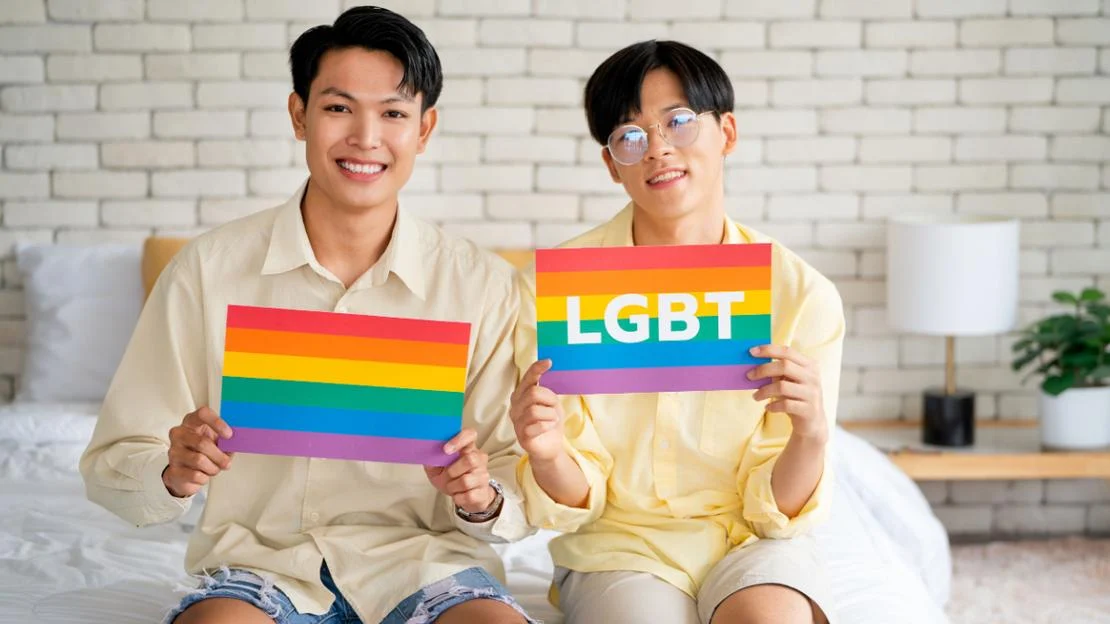

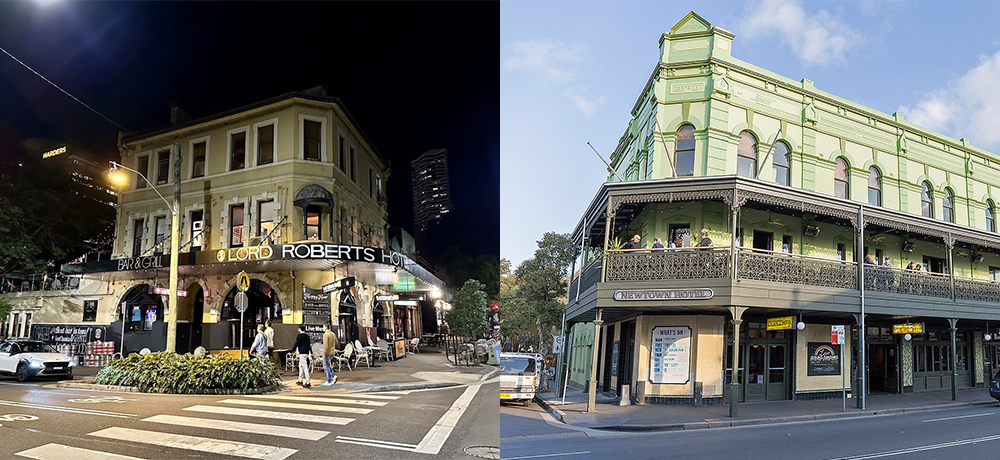






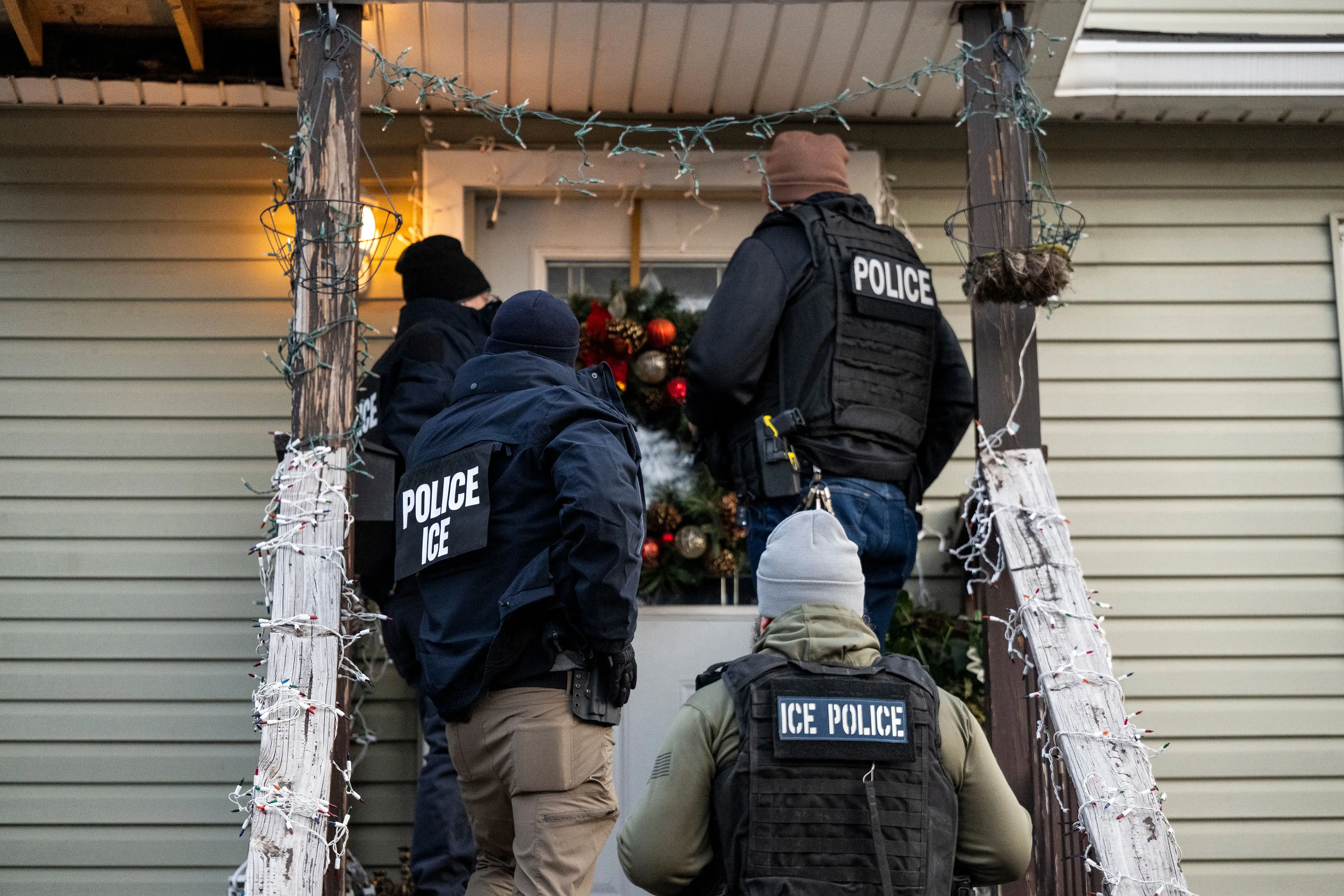
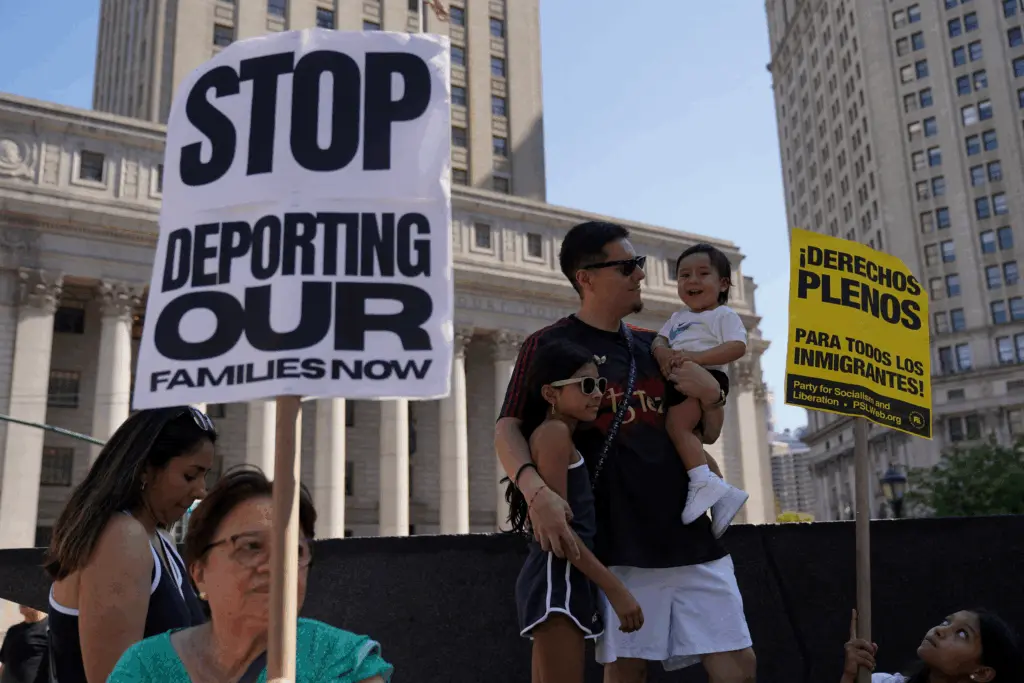
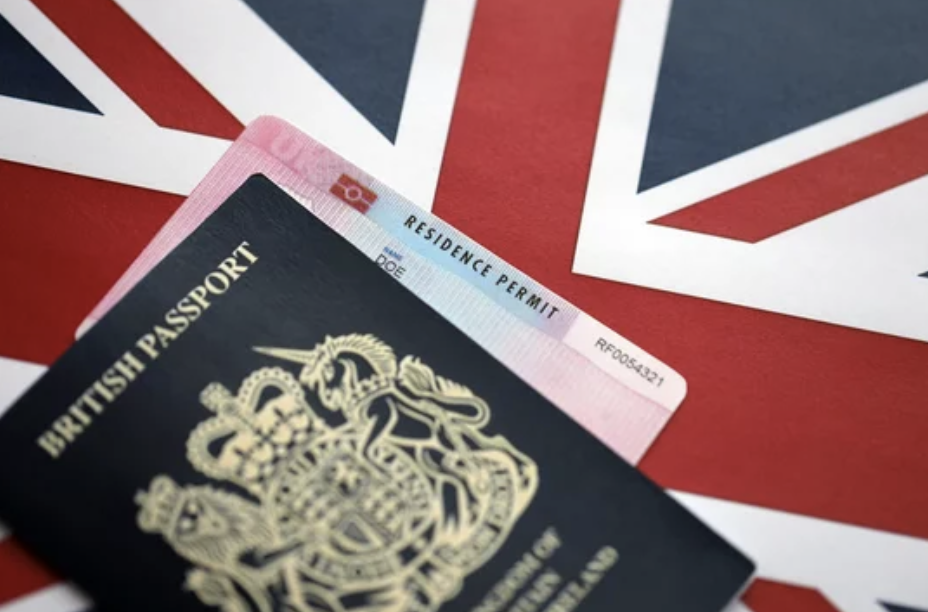
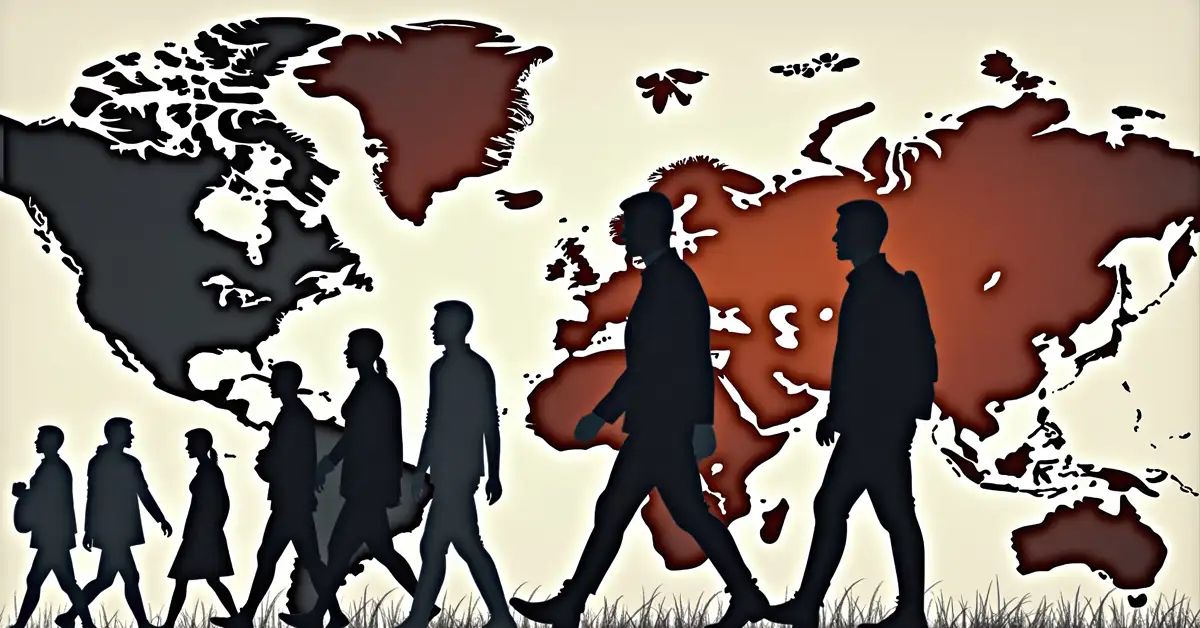

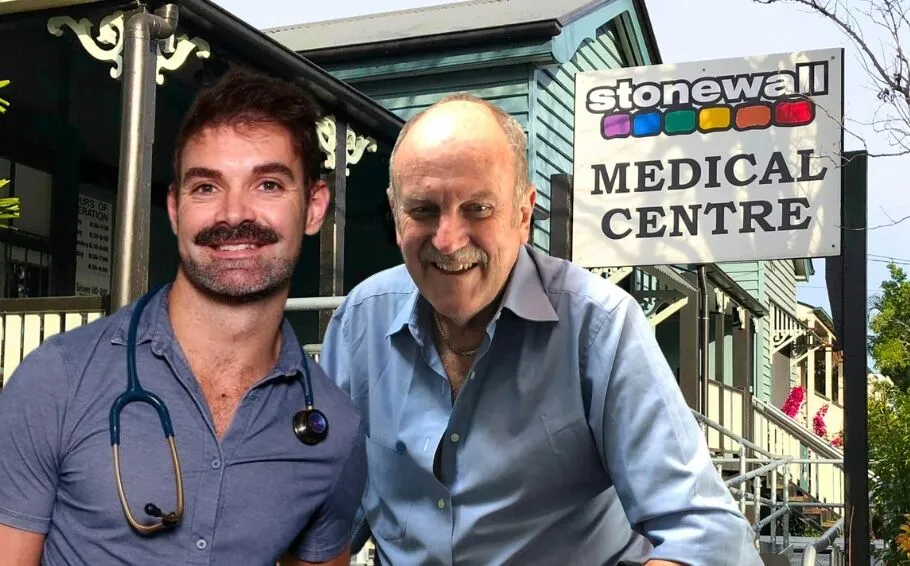
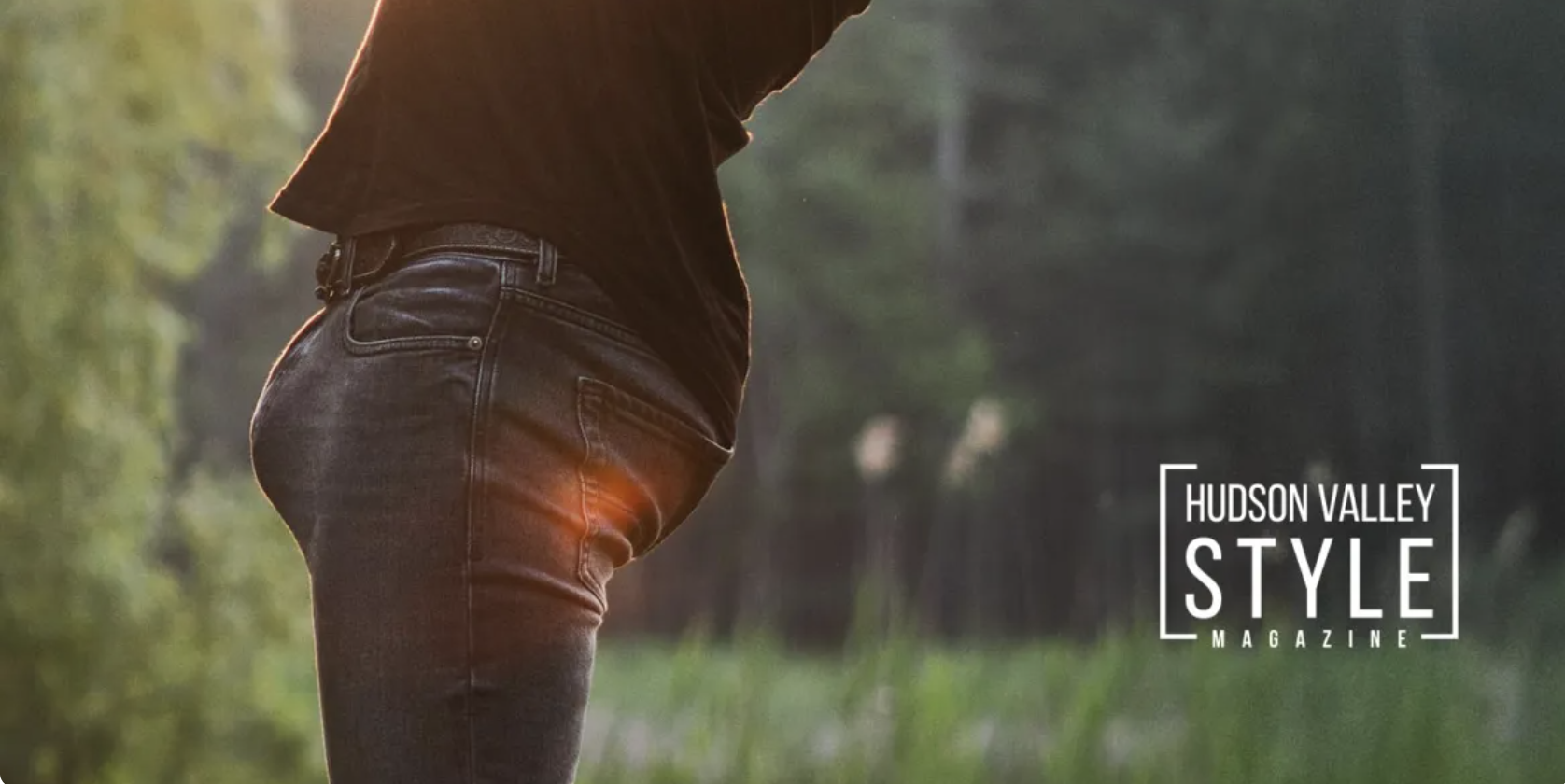
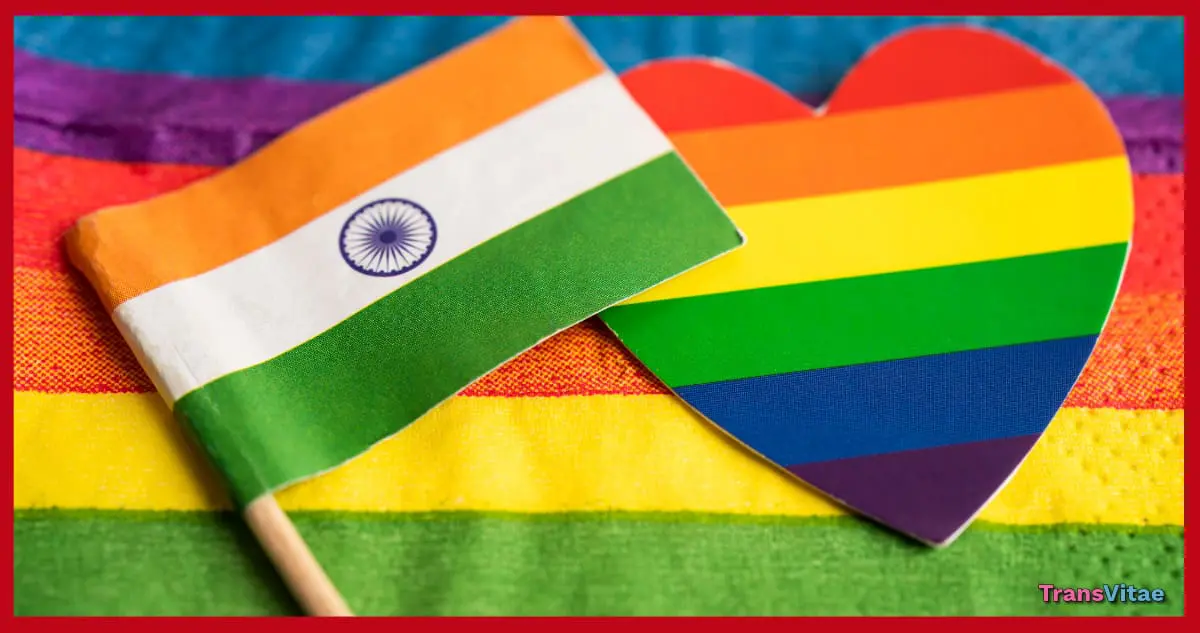
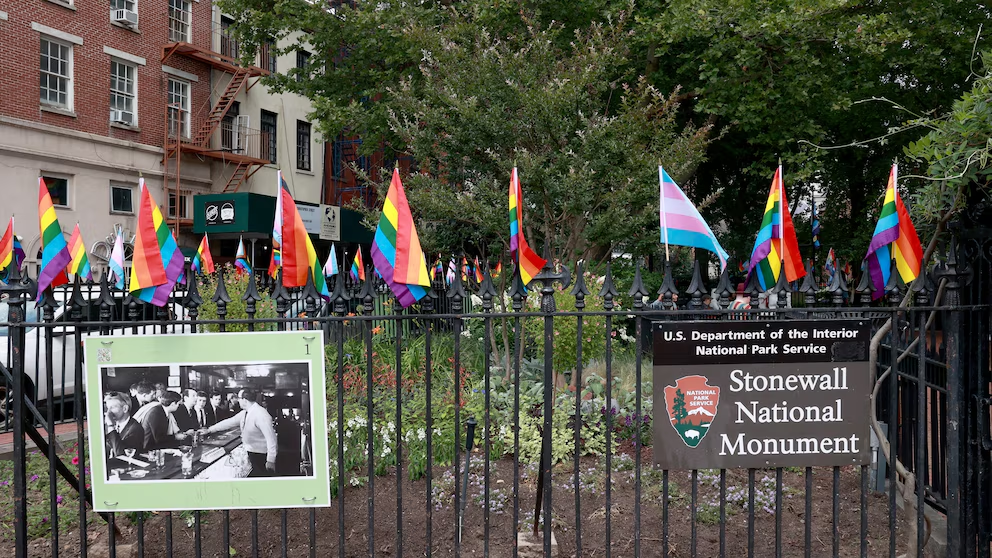
0 Comments